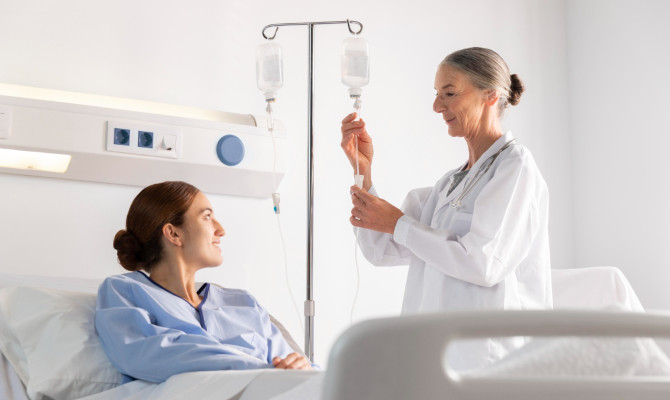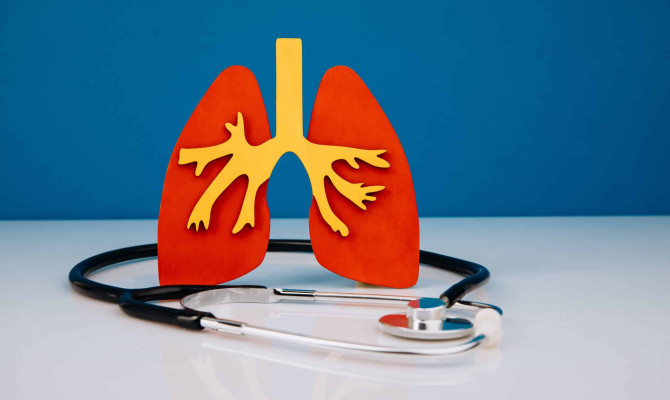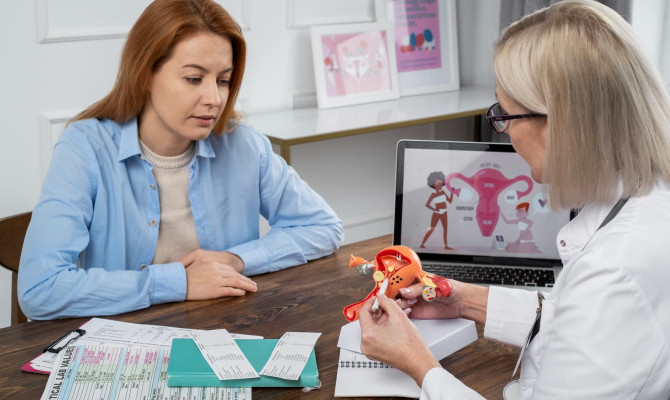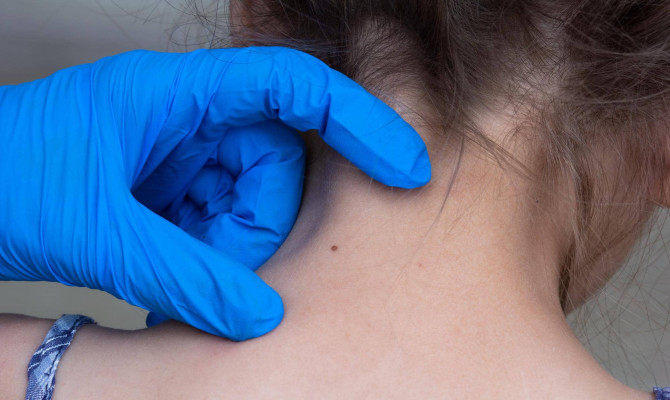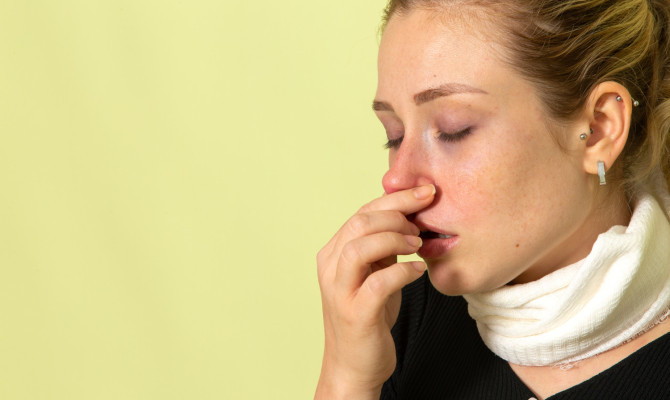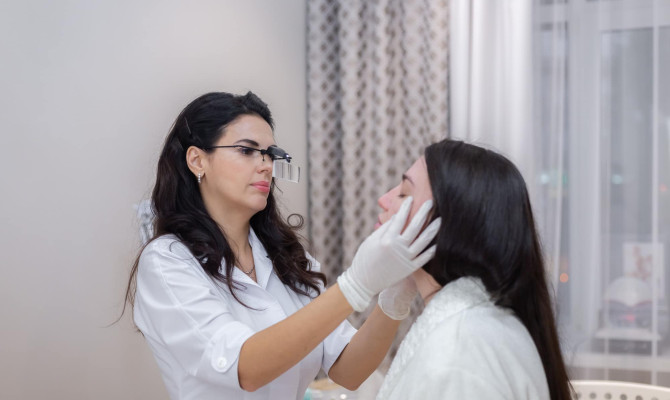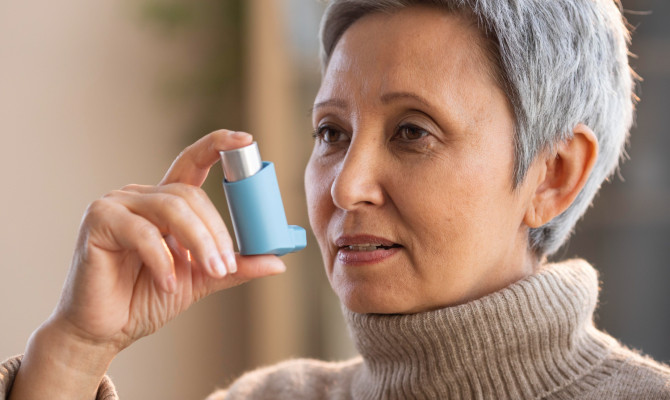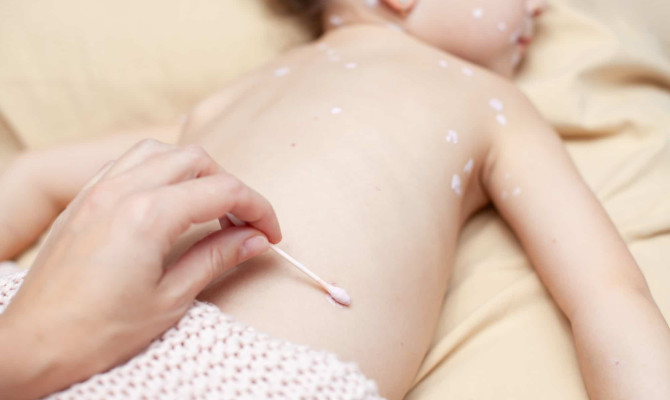Headache: Understanding the causes, types, symptoms, and management

- Headache
- 16 Aug 2023
Overview
What is a headache?
Headache is the gradual or sudden pain in the head area. It may occur on both sides or one side of the head region. It is a general condition seen in people; in most cases, it is not a severe sickness. In rare cases, a headache may be accompanied by a grave illness.

About headache
- Headache is also known as cephalalgia
- Headache is the most frequent type of pain
- Anybody can experience a headache at any time
- Headaches may reappear and may last for several days at a times 1Overview | Researched based study from Sciencedirect.com
Types
Different types of headache
There are around 150-200 types of headaches divided into two categories
Primary headache
- A primary headache is a disease not due to other conditions such as tension and migraine headaches.
Secondary headache
- A secondary headache is a disease due to a different cause, such as abrupt caffeine withdrawal or head injury 2Types| Researched based study from ichd-3.org
Some of the common types of headaches are
Migraine headache
- Migraine headache is repeated moderate to severe deep pain in one part of the head. It can last for days.
- People often have difficulty in light and high sound and sometimes have nausea and vomiting
Symptoms
- Increased sensitivity to light and sound
- Nausea and vomiting
- Muscle weakness
Tension headache
- Tension headache is mild, moderate, or severe pain in the head, neck, or area behind the eyes.
- It can persist with the periodic occurrence of one to two times a month. The leading cause of tension headaches is stress.3Types| Researched based study from Nlm.nih.gov
Symptoms
- Pain radiates to the face, neck, and shoulders
- A feeling of pressure on the back of one’s eyes
- Sensitivity to light and sound
Cluster headache
- Cluster headache is the sharp pain on one side of the head with a tired eyelid, teary eyes, and stuffy nose.3Types| Researched based study from Nlm.nih.gov
- It comes as cycles of headache attacks with headache-free periods in the middle.
- It may occur eight times daily or continue every day for weeks or months.
Symptoms
- Tearing eyes
- Puffed eyelid
- Blocked nose
- Sensitive to light and sound
Sinus headache (allergy headache)
- It occurs due to swelling of the sinuses (air-filled spaces behind the bridge of the nose) due to some allergic reactions.
- Swelling causes pressure build up in the sinuses and leads to pain
Symptoms
- Facial pain
- Blocked nose
- Nasal discharge
- Ear pain
- Toothache
Exertion headache
- Exertion headache develop after strenuous physical activity such as running and weightlifting.
- It occurs due to enhanced blood flow to the brain and it can lead to pulsating headaches on both sides of the head
- It generally resolves within minutes or hours
Symptoms
- Pulsating pain throughout the head region
Rebound headache
- It occurs due to the long-term use of pain-relieving drugs to treat headaches.
- It leads to more frequent headaches than fewer
Symptoms
- Similar to migraine and tension headaches
Spinal headache (Postdural puncture headache)
- It occurs due to the seepage of spinal fluid through a pierced hole in the spinal cord’s membrane.
- The decreased pressure of the spinal fluid on the spinal cord and brain causes headaches.
Symptoms
- Neck pain
- Radiating pain in the arms
- Lightheadedness
- Nausea and vomiting
Ice pick headache
- Ice pick headaches are sharp, intense pain in the head region that lasts for only a few seconds.
- The pain radiates to different head parts and can occur several times daily without warning.
- Ice-pick headaches in the same head area might indicate a medical condition.3Types| Researched based study from Nlm.nih.gov
Thunderclap headache
- It is the most intense headache that comes on very fast and reaches a peak within a minute.
- It can be a symptom of a severe medical condition needing urgent attention.
Caffeine headache
- Caffeine constricts the brain’s blood vessels. Consuming too much may further narrow the blood vessels and lead to pain.
- Sudden withdrawal of daily caffeine intake also triggers headaches. Without caffeine, the brain’s blood vessels expand, and the sudden improvement in blood flow causes a headache.
Hormone headache (also called menstrual headache)
- Hormone headaches are headaches due to hormonal changes viz; estrogen in the body.3Types| Researched based study from Nlm.nih.gov
- it occurs during, after, or before the menstrual period in women
Hypertension headache
- It is a pulsating headache that occurs when the blood pressure in the body becomes extremely high.
- It occurs on both sides of the head
Post-traumatic headache
- It occurs after a head injury and may become persistent
- It generally lasts for six months to 1 year
Hemicrania continua
- Hemicrania continua are a persistent form of moderate headache occurring continuously on one side of the head and face and lasting up to 90 days.
- One can also experience occasional periods of severe pain a few times daily 3Types| Researched based study from Nlm.nih.gov
Causes
Causes of headache
- Dehydration
- Stress
- Hormonal changes
- Strong odors
- Regular smoking
- Regular nicotine consumption
- Certain foods such as chocolate, cheese, caffeine
- Skipping meals
- Under eating
- Nutrient deficiency
- Exposure to allergens
- Weather change
- Incorrect sitting position
- Lack of sleep
- Excessive sleeping
- Excessive cough
- Hereditary(running in families)
- Infections(cold,fever)
Symptoms
Symptoms of headache
Common symptoms are
- Pain in the head region
- Pain radiating to the eye, face, neck, and shoulder area4Symptoms| Researched based study from Nlm.nih.gov
- Seeing lines or spots
- Muscle weakness
- Difficulty speaking
- Numbness
- A pressured feeling in the back of the eyes
- Sensitive to sound and light
Other symptoms, along with headaches, need medical attention
- High fever(102 to 104 degree Fahrenheit)
- Nausea and vomiting
- Difficulty speaking
- Loss of balance
- Difficulty in walking
- Blurring of vision
- Fainting
- Numbness
- Seizure (body shaking)
- Paralysis 4Symptoms| Researched based study from Nlm.nih.gov
Diagnosis
Diagnosis of headache
CT (Computed tomography) scan
- It uses a computer and X-rays to take pictures inside the body
MRI (Magnetic resonance imaging)
- It uses radio waves and a magnetic field to take images inside the body
X-ray
- It uses electromagnetic radiation to create images inside the body
Blood tests
- To determine the medical condition that is causing the headache 5Diagnosis| Researched based study from Sciencedirect.com
Risk factor
Risk factors for headache
- Increased weight
- People with increased exercise
- People without exercise
- People taking excessive stress
- Regular smokers
- Alcoholism (Addicted to alcohol) 6Risk factor| Researched based study from Sciencedirect.com
Management
Management of headache
Tension headache
Over-the-counter (OTC) medication
- Aspirin-It relieves pain and fever
- Ibuprofen-It fever, pain, and swellings
- Naproxen-It helps reduce swelling and pain7Management| Researched based study from Sciencedirect.com
Prescription medication (if OTC medicine doesn’t work)
- Meloxicam-It relieves pain and inflammation
- Indomethacin-It relieves moderate to severe pain and reduces swelling
- Ketorolac-It relieves moderate to severe pain and inflammation7Management| Researched based study from Sciencedirect.com
Migraine headache
- Rizatriptan-It is used to relieve severe migraine symptoms and prevents the symptoms from getting worse
- Sumatriptan-It relieves severe migraine and associated nausea and vomiting
- Propranolol-It reduces anxietyand helps prevent migraine attacks
Cluster headache
- Sumatripta-It relieves the symptoms and prevents the headache from getting worse
- Lidocaine-It causes temporary loss of sensation in the skin area
Oxygen therapy
- The treatment provides extra oxygen to breath7Management| Researched based study from Sciencedirect.com
Thunderclap headache
- Beta-blockers-It lowers the stress on the heart and blood vessels
- Calcium channel blockers-It lowers the blood pressure and increases the oxygen and blood flow to the heart 7Management| Researched based study from Sciencedirect.com
Alternative treatment
Alternative methods to manage headache
Engaging in physical activity
- Exercising regularly
- It reduces migraine frequency
- It decreases the intensity and duration of headaches 15Alternative treatment| Researched based study from Nlm.nih.gov
Acupuncture
- In acupuncture, needles are inserted into bodily areas to activate sensory nerves.
- It reduces the frequency of migraine headache attacks 9Alternative treatment| Researched based study from Nlm.nih.gov
Yoga
- Yoga is an exercise with a specific breathing technique
- It relieves stress and anxiety
- It decreases pain and improves the quality of life 8Alternative treatment| Researched based study from Nlm.nih.gov
Remedies

Home remedies to ease headache
Cold compress
Applying a cold pack or cold compress on the affected area
- It lowers nerve conduction and constricts blood vessels
- It reduces pain and swelling 10Remedies| Researched based study from Nlm.nih.gov
Keeping hydrated
- Drinking adequate water reduces headache attacks
- Also decreases the duration and severity of pain 12Remedies| Researched based study from Nlm.nih.gov
Taking adequate sleep
- Taking the correct amount of sleep reduces the severity of headache
- It decreases headache frequency 13Remedies| Researched based study from Nlm.nih.gov
Drinking tea or coffee
- Taking beverages such as tea or coffee enhances mood
- It constricts the blood vessels hence prevent headache11Remedies| Researched based study from Nlm.nih.gov
Ginger
- Supplementing with ginger eases nausea and vomiting
- It decreases the symptoms of severe headache 14Remedies | Researched based study from Nlm.nih.gov
Complications
What are the associated complications?
Common complication
- Lightheadedness
- Nausea and vomiting
- Depression
- Anxiety
- Sleeplessness
Serious complication
- Diarrhea
- Stomach pain
- Stomach Ulcer
- Loss of balance
- Confusion
- Rapid heartbeat
- Difficulty in breathing
- Seizure(convulsions)
- Stroke (blood vessels in the brain rupture and bleed)16Complications | Researched based study from Nlm.nih.gov
Prevention
Preventing headache
- Taking enough water
- Eating balanced diet
- Taking adequate sleep
- Doing regular exercise15Prevention| Researched based study from Nlm.nih.gov
- Staying stress-free 17Prevention | Researched based study from Nlm.nih.gov
Take away
Key Takeaways
- Primary headaches are not life-threatening
- One could manage primary headaches with proper diagnosis and treatment
- Secondary headaches require immediate medical attention and can be fatal if left untreated
Any feedback on this article?
 This Articles content was accurate
This Articles content was accurate Very Informative Article
Very Informative Article I have a question or a comment
I have a question or a comment
 This article contains inaccurate content
This article contains inaccurate content This article was not helpful
This article was not helpful I have a question or a comment
I have a question or a comment
We appreciate your helpful feedback!
Checkout our social pages
References
-
Science Direct
Headache | Overview
-
International Headache Society
'The International Classification of Headache Disorders - ICHD-3' | Types
-
National Library of Medicine
Headache disorders: differentiating and managing the common subtypes | Types
-
National Library of Medicine
Clinical Features of Headache in Patients With Diagnosis of Definite Vestibular Migraine: The VM-Phenotypes Projects | Symptoms
-
Science Direct
Headache: what to ask, how to examine, and what scales to use. Recommendations of the Spanish society of neurology’s headache study group | Diagnosis
-
Science Direct
Chapter 2 - Headache | Risk factors
-
Science Direct
Management of headaches in children and adolescents | Management
-
National Library of Medicine
Medical Yoga Therapy | Alternative treatment
-
National Library of Medicine
A randomized controlled clinical trial comparing different numbers of acupuncture sessions for migraine | Alternative treatment
-
National Library of Medicine
Randomized Controlled Trial: Targeted Neck Cooling in the Treatment of the Migraine Patient | Remedies
-
National Library of Medicine
Caffeine in the management of patients with headache | Remedies
-
National Library of Medicine
Dehydration and Headache | Remedies
-
National Library of Medicine
Sleep disturbances in tension-type headache and migraine | Remedies
-
National Library of Medicine
The efficacy of ginger for the treatment of migraine: A meta-analysis of randomized controlled studies | Remedies
-
National Library of Medicine
Exercise and Migraine Prevention: a Review of the Literature | Prevention | Alternative treatment
-
National Library of Medicine
Chronic Headaches | Complications
-
National Library of Medicine
Preventive Migraine Treatment | Prevention












